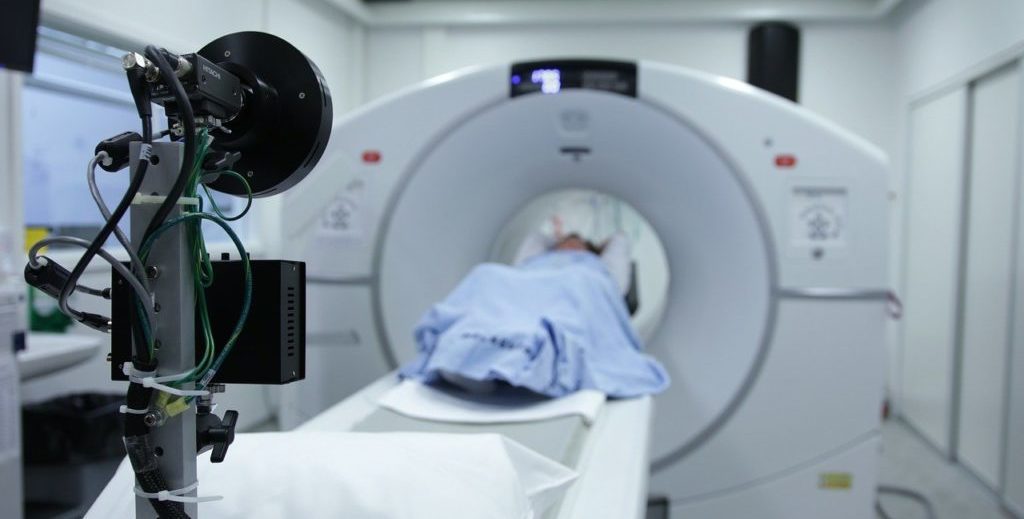PALO ALTO, California — In its U.S. stock market debut Wednesday, Didi Chuxing, China’s largest ride-hailing business, gave up huge early gains to close with a 1% gain, as investors questioned the company’s long-term profit path and regulatory obstacles. On the New York Stock Exchange, Didi began at $16.65 and finished at $14.14, up from the initial public offering price of $14 per share. The stock reached a high of $18.01 per share. Its market capitalization was roughly $67.8 billion at the time of the closing price. Uber Technologies and Lyft, two major U.S. ride-hailing companies, were valued at $75 billion and $24 billion, respectively, on the day of their IPOs. On Wednesday, Uber’s market capitalization was $93.81 billion, while Lyft’s was $19.92 billion. Didi’s poor pre-IPO roadshow was followed by a lackluster first-day reception. Representatives of the startup, which is backed by SoftBank Group’s Vision Fund and Tencent Holdings, were surprised during their two-week premarketing campaign, as they intended to achieve a $100 billion value akin to Uber, according to Nikkei Asia. They were met with such fierce opposition that the corporation eventually settled on a valuation of up to $67 billion, barely over the level reached in a previous fundraising round in 2018. According to three people familiar with the transaction, Didi also lowered its fundraising objective to $4 billion, which is less than half of its original ambition. After Alibaba Group Holding’s $25 billion IPO in 2014, Didi’s IPO remained one of the largest by a Chinese company in New York.
During a launch event for the D1 electric vehicle in Beijing in November, Didi Chuxing President Jean Liu, right, sits with CEO Cheng Wei. (Photo courtesy of VCG via Getty Images) )
According to a corporate filing, Didi, launched in 2012 by Cheng Wei and Jean Liu, operates in 15 countries and has 493 million yearly active users on its platform. Cheng has been promoted to CEO, and Liu, the daughter of Lenovo Group founder Liu Chuanzhi, has been promoted to president. After the IPO, Cheng owns 6.5 percent of the company, while Liu owns 1.6 percent. Their Didi shares are worth $4.4 billion and $1.1 billion, respectively, as of Wednesday’s closing price. Following the IPO, Japan’s SoftBank Group became Didi’s largest shareholder, holding a 20.2 percent ownership through its Vision Fund. Based on Wednesday’s closing price, the stake is now worth more than $13.7 billion. Uber is the company’s second-largest shareholder, with a 12 percent interest following the sale of its Chinese business to Didi. Tencent, the Chinese tech and entertainment behemoth, controls 6.4 percent of the company. After acquiring main rival Uber China in 2016, Didi has developed a strong position in the Chinese ride-hailing sector. In the country, it has 377 million annual active users and 13 million annual active drivers on its mobility technology platform. Didi recorded a $1.6 billion loss in 2020 due to the interruption caused by the coronavirus outbreak, but it has made a comeback this year. Despite a $1 billion deficit from operations, investment returns helped the corporation earn $837 million in the first three months. However, Didi’s long-term earnings prospects remain a source of concern, given the company’s heavy investment in foreign expansion and autonomous driving. In the first three months of the year, the international business and other operations lost 1 billion yuan ($155 million) and 8.1 billion yuan, respectively. In the worldwide market, where Didi has invested billions in expansion, the business confronts fierce competition from the likes of Uber and Lyft. According to the filing, it began offering food delivery services in Japan in April 2020 and is currently Latin America’s second-largest ride-hailing platform. Didi is also embroiled in a regulatory crackdown on internet businesses in China, which this year slapped Alibaba with a record fine of 18.2 billion yuan. Didi was fined 1.5 million yuan in March for “inappropriate pricing activities.”/n





